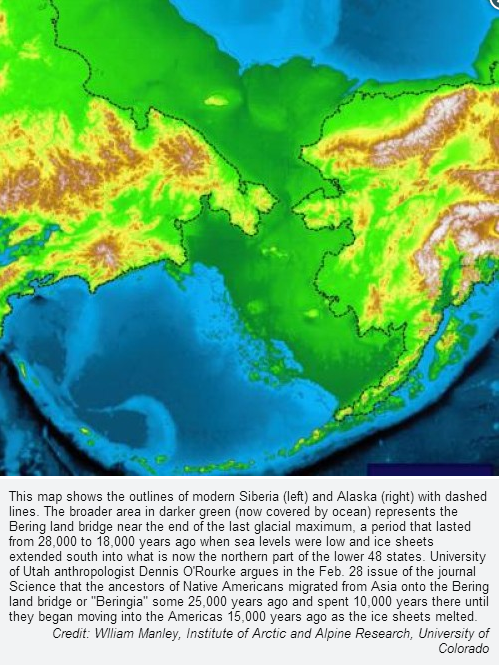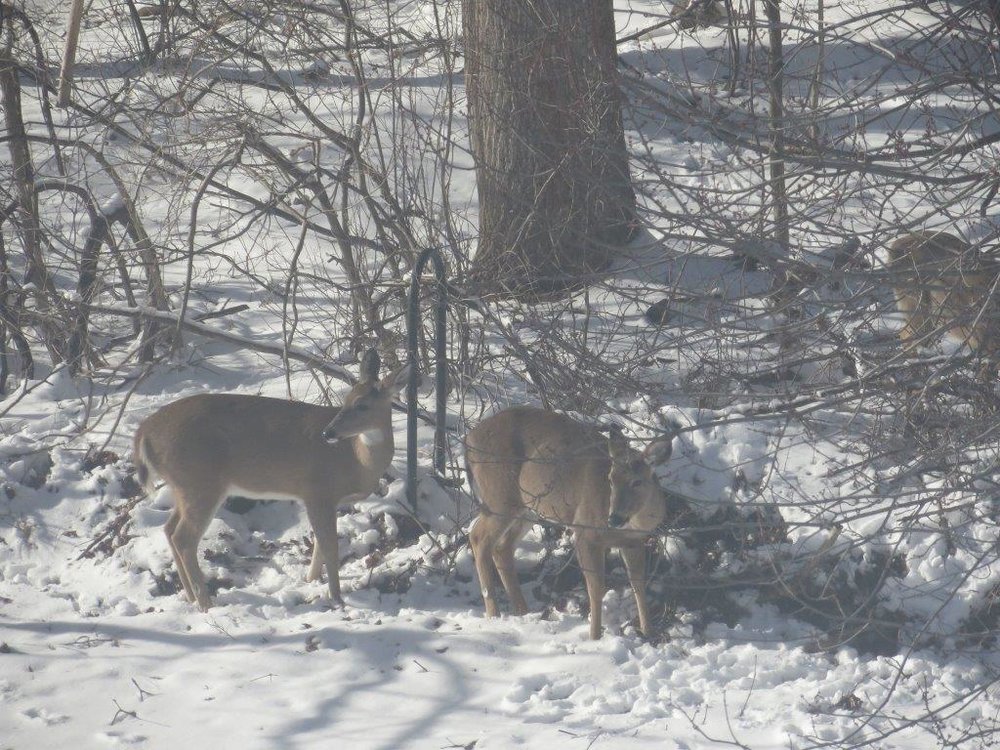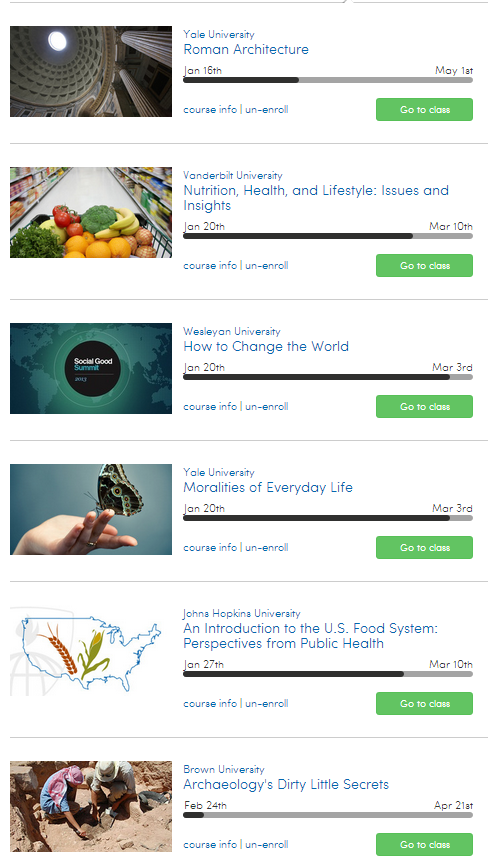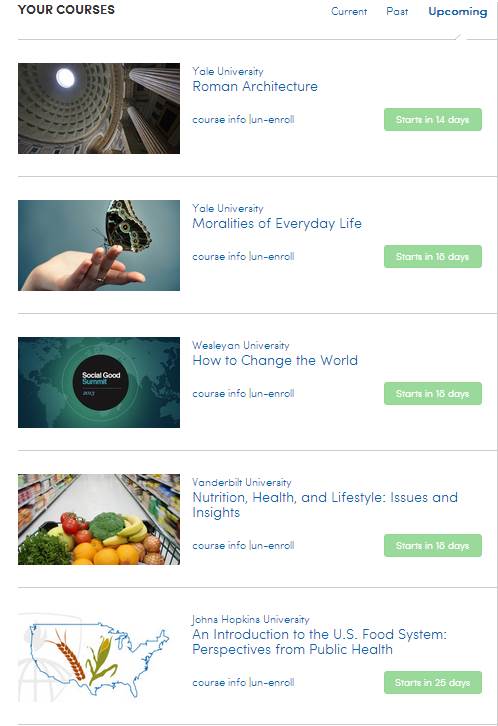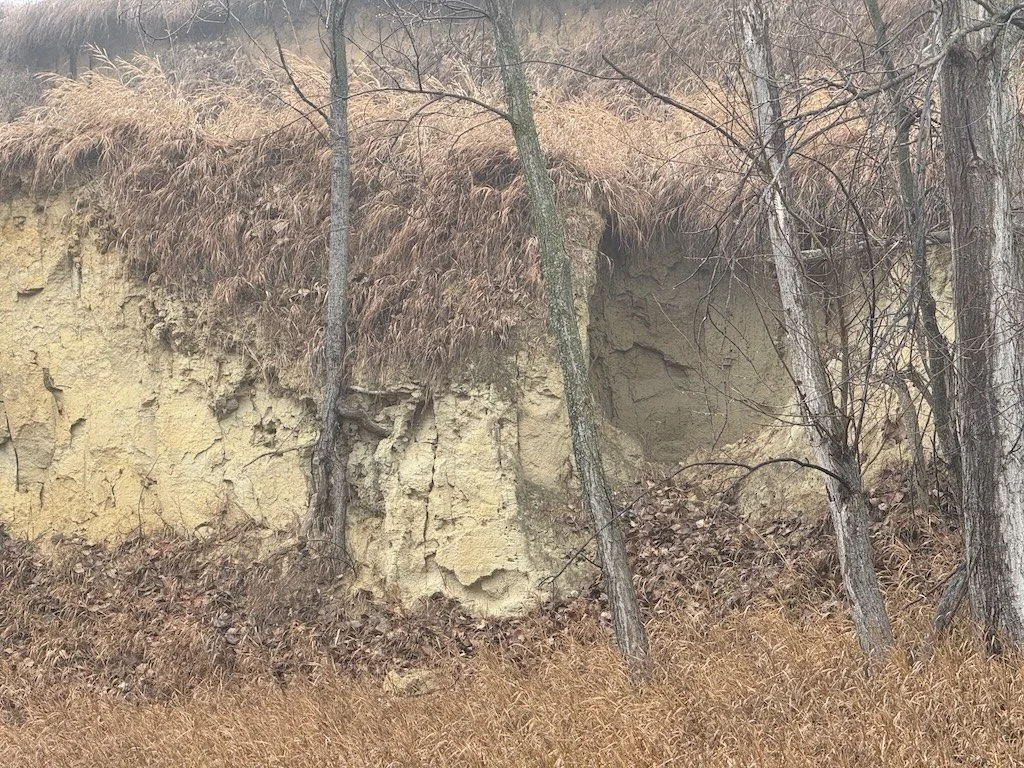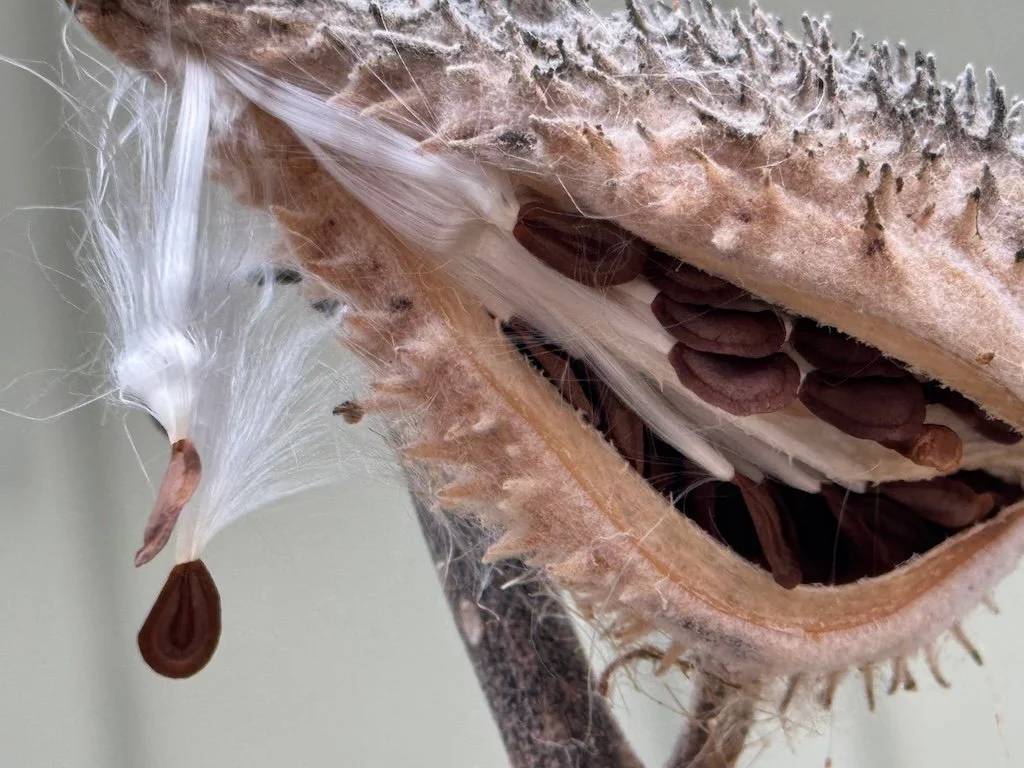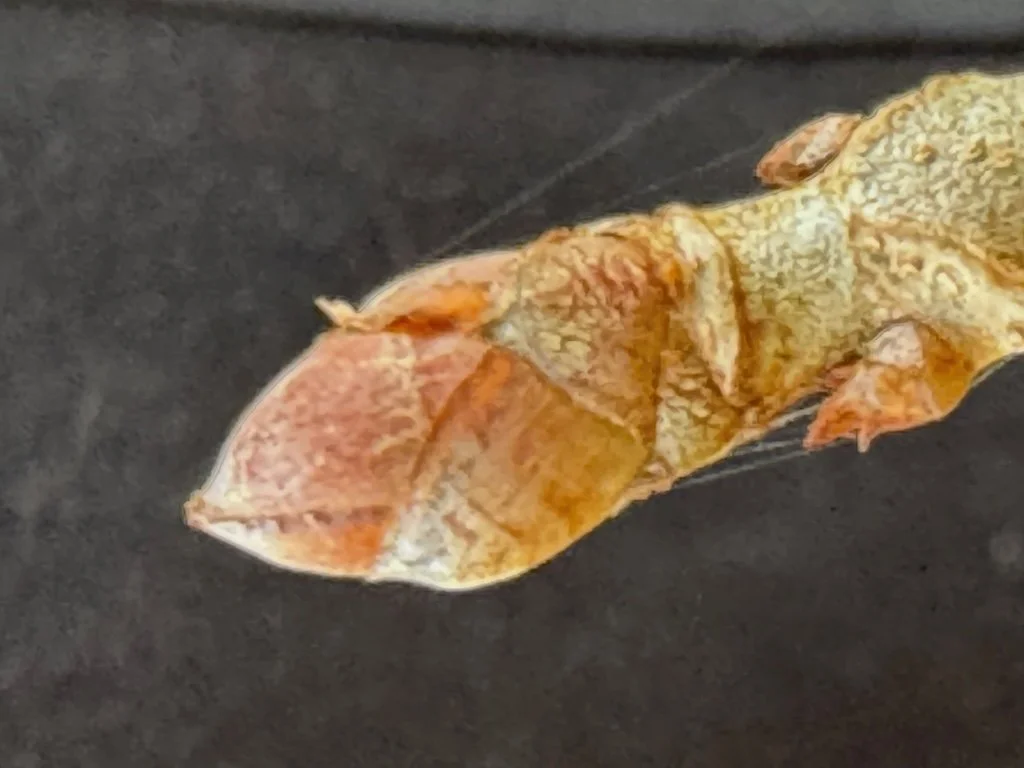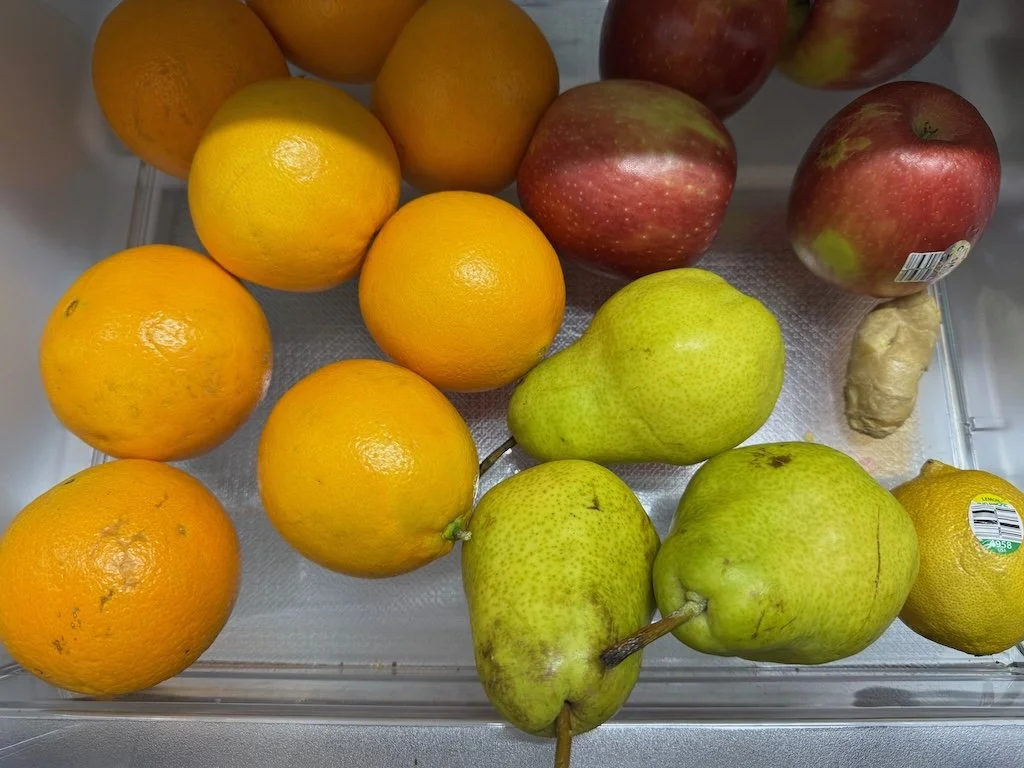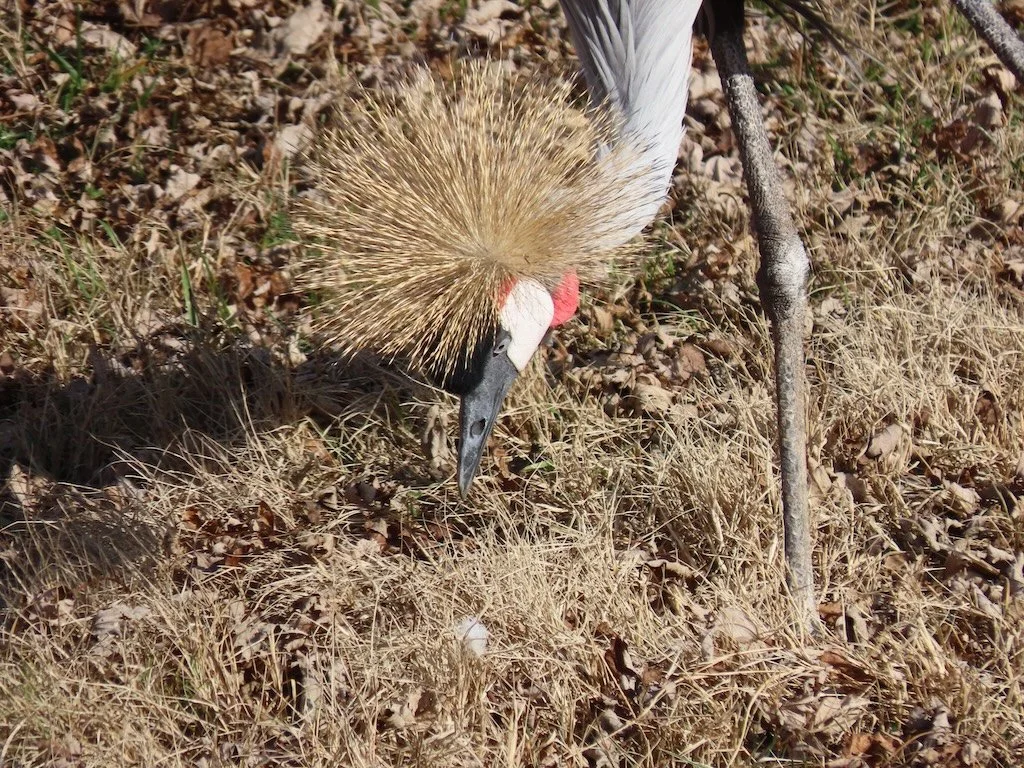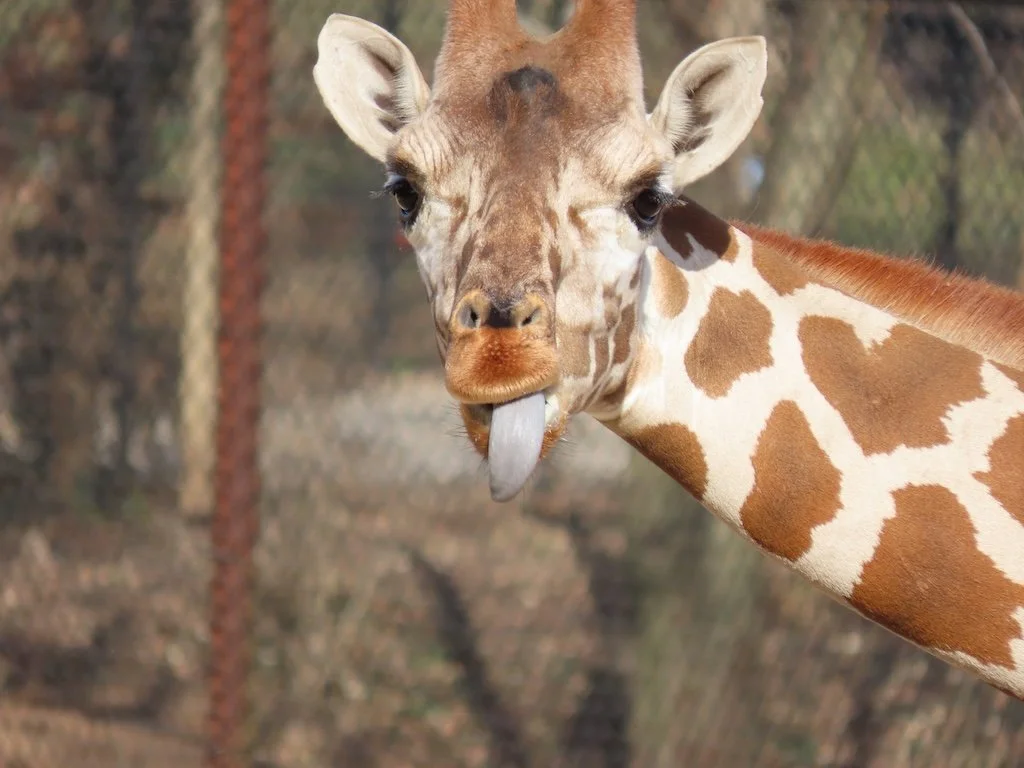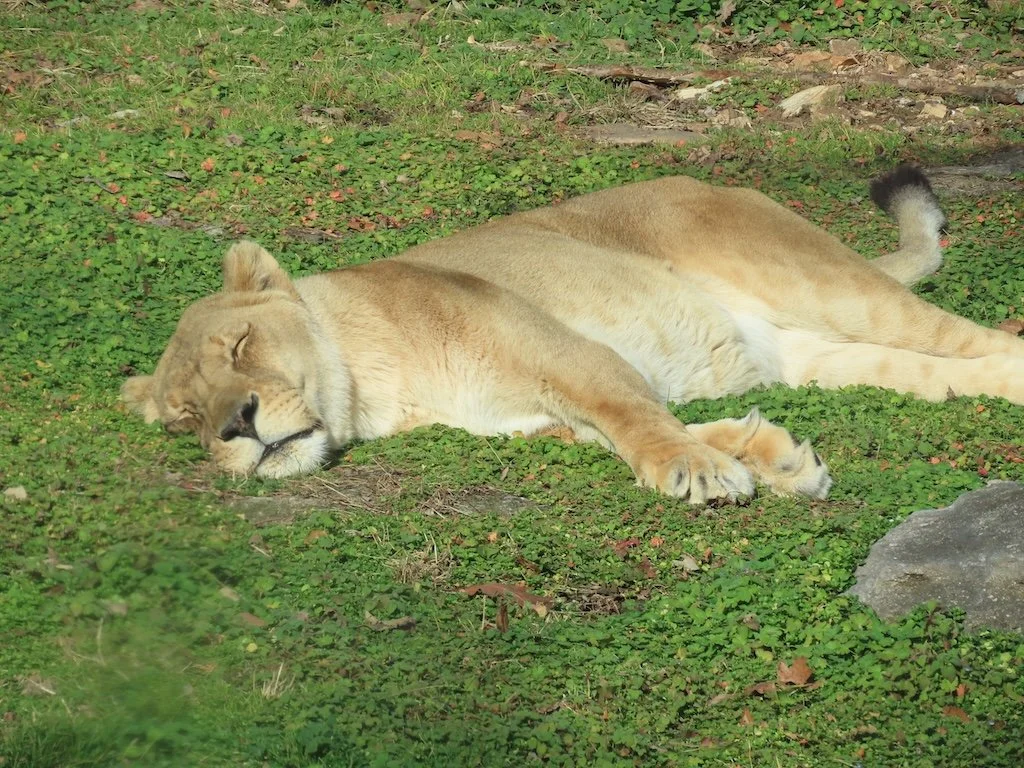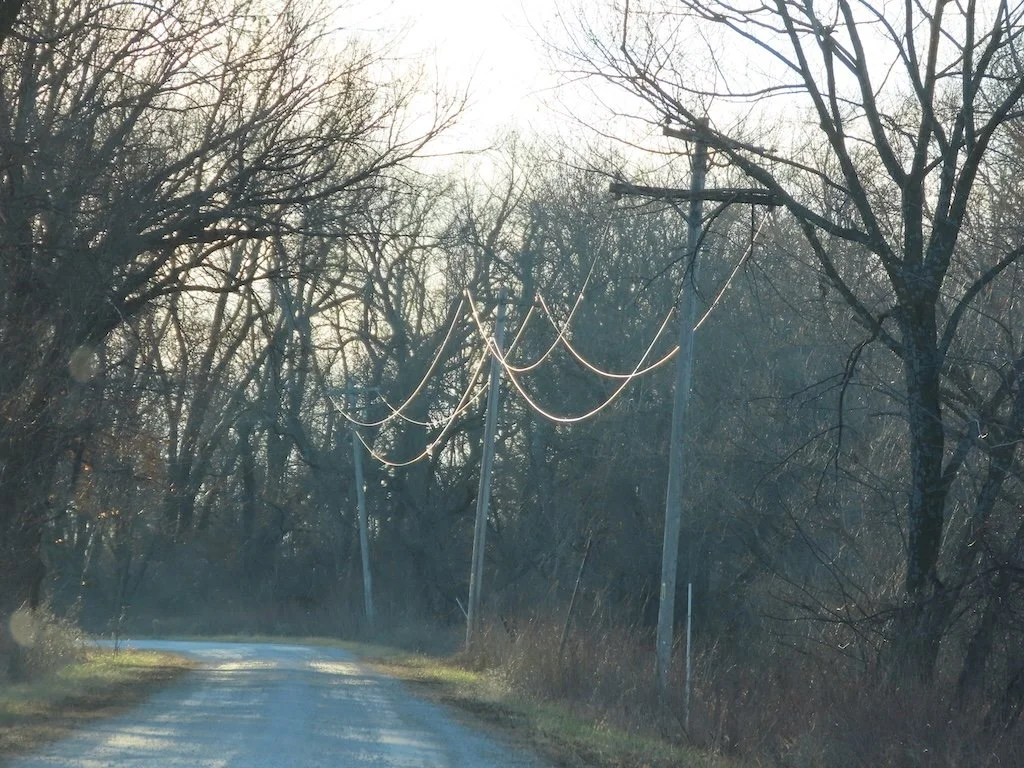On Cooking
/I’ve been cooking for over 4 decades…and today I started thinking about how things have changed in that time period.
Microwave ovens are the biggest technology change although the majority of times I use it these days is for popcorn (the Nordic Ware Microwave Popper has allowed me to go back to the same kind of popcorn I bought 40 years ago rather than the popcorn packaged with lots of additives).
Less meat. I eat a lot less meat these days because there are so many other sources of protein: yogurt, soy nuts, and peanuts are my favorites.
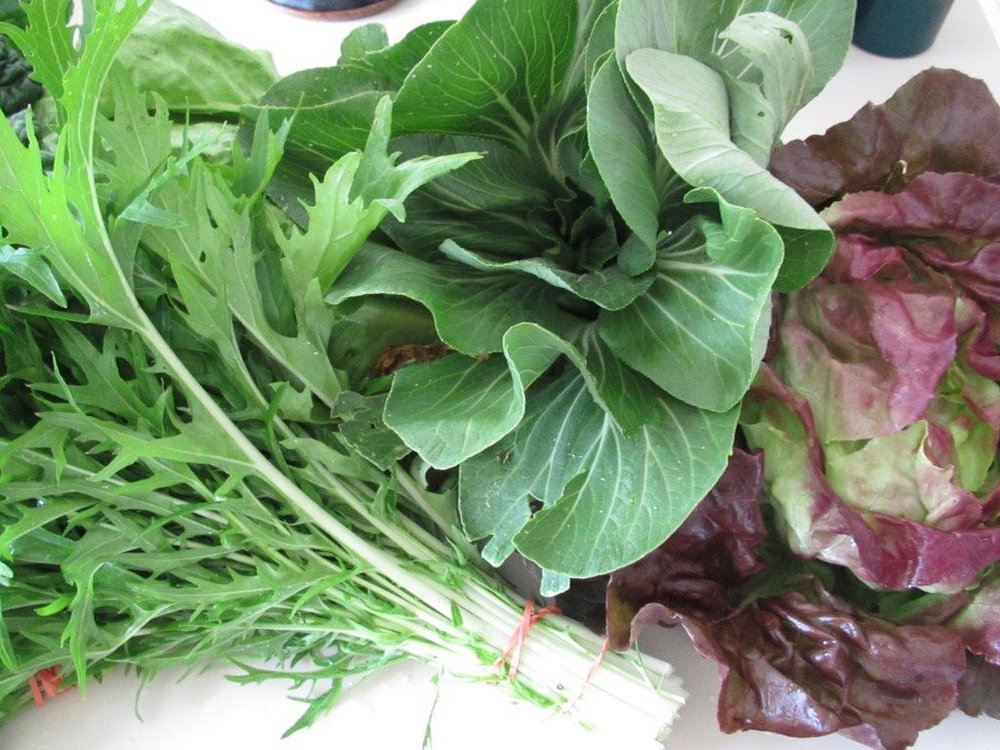 More vegetables. The CSA has increased by veggie consumption this summer but even before that I eat more vegetables now than I did 40 years ago…..and more of them are fresh rather than canned.
More vegetables. The CSA has increased by veggie consumption this summer but even before that I eat more vegetables now than I did 40 years ago…..and more of them are fresh rather than canned.
Less bread. I eat grains in different form than breads. Commercial bread was easy to give up. Sometimes I make muffins or scones but I am more enthusiastic about grains that I didn’t consume at all in the beginning of my cooking life: quinoa and chia.
 Food processors make it easier to grate and puree in large quantities. I had a blender than I used 40 years ago but it was primarily used for milk shakes. I have several concoctions that are produced by putting everything in the food processor and just running it for several minutes (Fruit Beety is the most recent). I also have a smoothie maker (a specialized blender) that I use with frozen fruit or veggies.
Food processors make it easier to grate and puree in large quantities. I had a blender than I used 40 years ago but it was primarily used for milk shakes. I have several concoctions that are produced by putting everything in the food processor and just running it for several minutes (Fruit Beety is the most recent). I also have a smoothie maker (a specialized blender) that I use with frozen fruit or veggies.
The menu has changed a little too over the years. Most of our meals take 30 minutes or less and even for the longer prep times there is a ‘get it started’ (like putting potatoes and meatloaf in the oven) and then going off to other things until it is done. Stir fry meals didn’t start until the last 10 years or so; I have a technique where I cut up the longer cooking items, start them cooking while I cut up the other items, then add the quick cook items (like leafy greens); it forces me to work fast!
Overall - I think the way I cook now produces tasty - and healthier - meals and is often easier than it was 40 years ago but not due to technology improvement. It’s the learning through experience and focus on nutrition that has made the difference.

